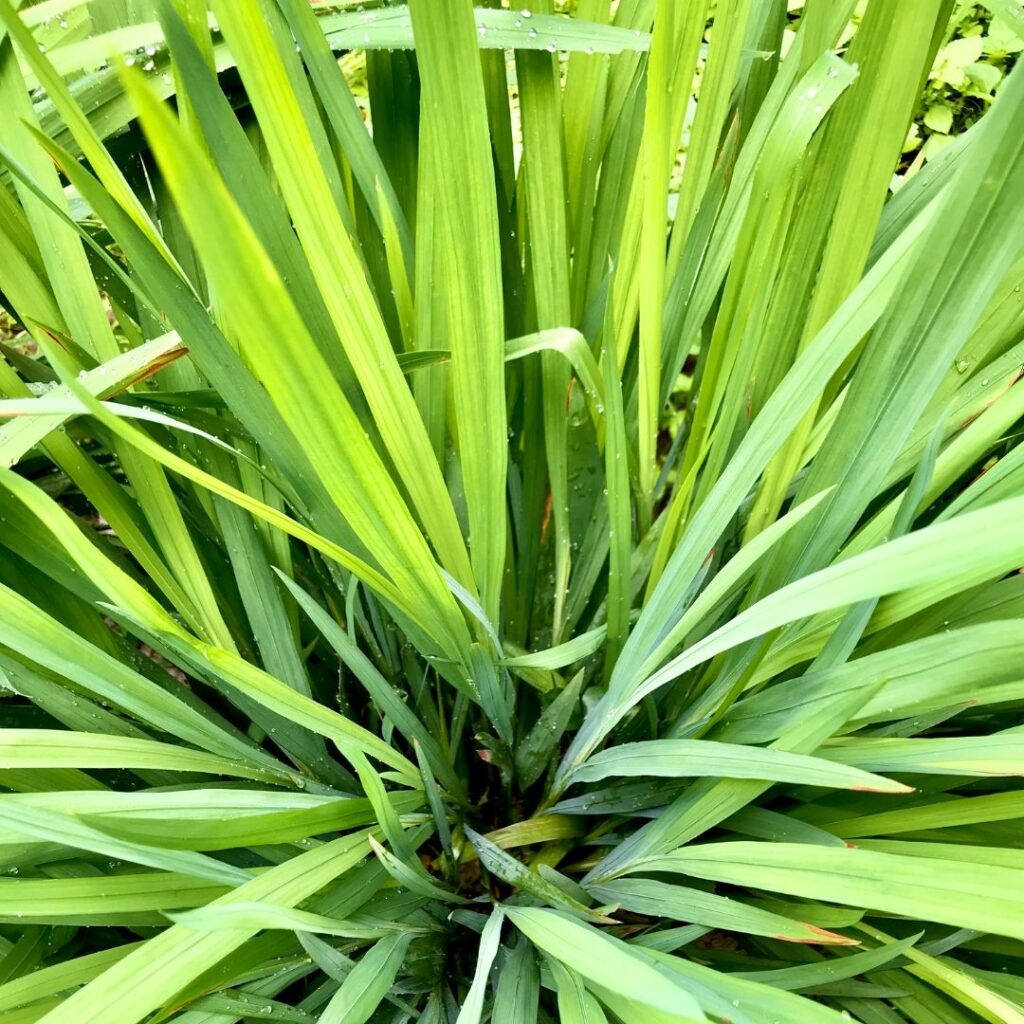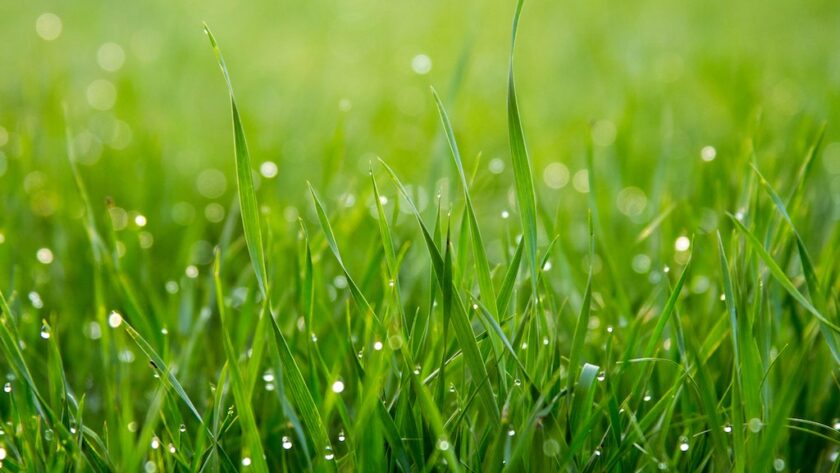Gluten-free wheat grass and barley grass compared to wheat and barley
Without going into the so much proclaimed properties and benefits of wheat grass and barley grass, here, we will talk about the gluten-free nature of the grasses. Because wheat and barley contain gluten. So, can wheatgrass and barley grass be gluten-free? Yes! But why is this the case?
- Gluten is found in the grains only
- Grasses are harvested shortly after sprouting
- Grains and the gluten within thus have not yet developed
Celiac disease and grain grasses
Shortly after a diagnosis of celiac disease, many questions arise. For example: What is gluten, what is celiac disease, and what can I still eat now?
What about grain grasses? Is it possible for me to eat or drink barley grass and wheat grass (even as a powder) in spite of celiac disease? The answer is “yes” and the explanation is very logical!

Gluten is only found in the grains
Gluten is formed in the grains of all cereals and is only found there. But when harvested, the grasses are in a growth stage in which they have not yet even formed their gluten-containing grains. Just a few days after germination, they are harvested and processed further.
Wheat grass is gluten-free
The grasses are not even close to a state in which the grains can form, let alone contain gluten. Wheat grass is gluten-free. The grasses, after being harvested early, are directly processed: dried and pulverized and used e.g. for juices.
So barley and wheat grass products like powders or juices are gluten-free!
However, as always, caution applies with celiac disease: in stores, it is best to choose products that are clearly declared gluten-free. You can also always check with manufacturers to make sure they are gluten-free.




